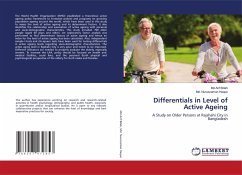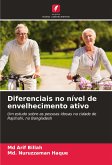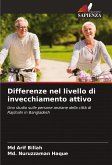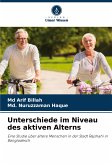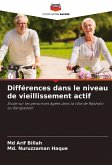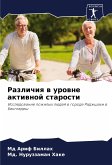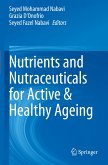The World Health Organization (WHO) established a theoretical active ageing policy framework to formalize policies and programs on growing population ageing around the world, which have been used in this study to assess the level of active ageing and its determinant factors. It also identifies the relationship and association of active ageing with personal and socio-demographic characteristics. This study included 700 older people (aged 60 years and older). An exploratory factor analysis was performed to find determinant factors of active ageing and hence an index for the level of active ageing has been calculated. Also, independent sample t-tests and chi-square tests have been used for testing differentials in active ageing levels regarding socio-demographic characteristics. The active aging level in Rajshahi City is very poor and needs to be improved. Different indicators are needed to properly evaluate the elderly, especially women. To increase the LAA, policy should be focused on health and medical facilities, social lives, and the personal (both physical and psychological) perspective of the elderly for both males and females.
Bitte wählen Sie Ihr Anliegen aus.
Rechnungen
Retourenschein anfordern
Bestellstatus
Storno

